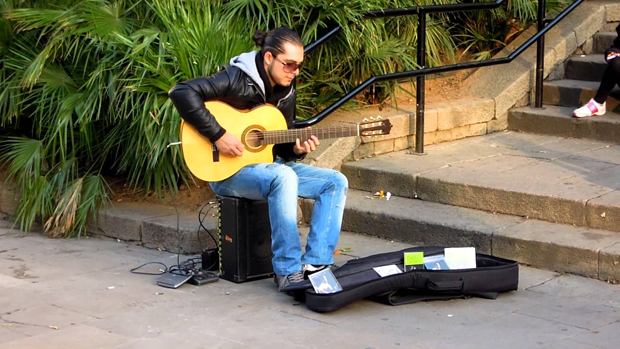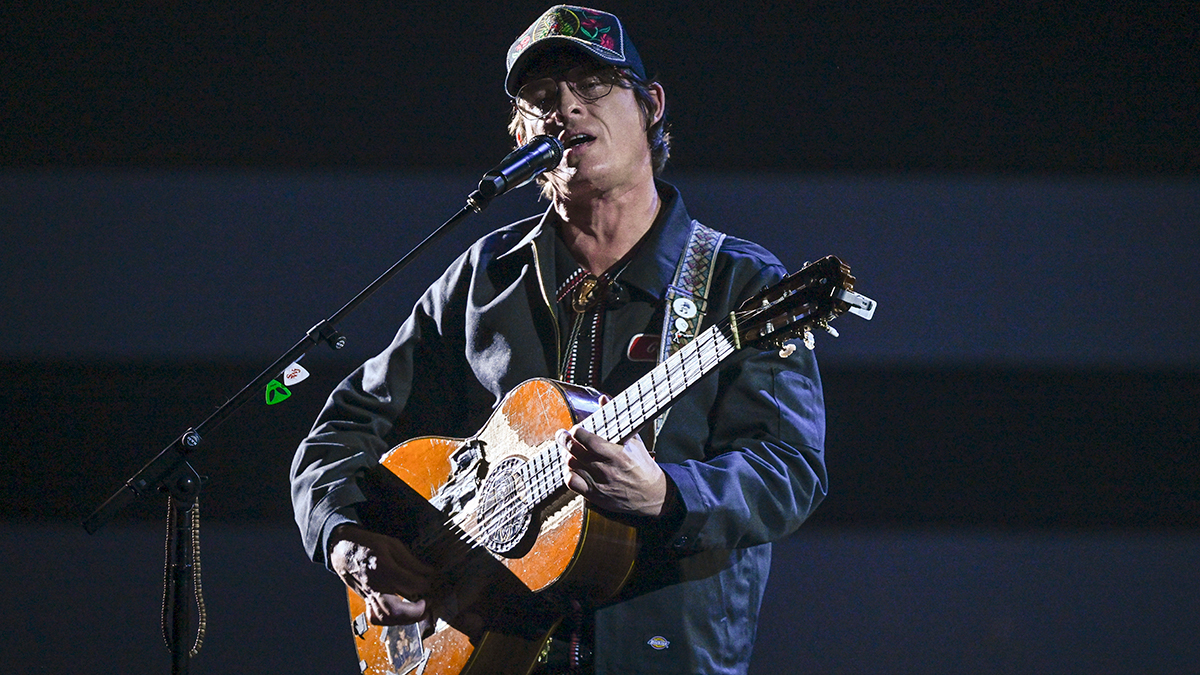Buskers' Rights: Know the Laws of Street Performing

A recently circulated video of Andrew Kalleen being arrested for busking in the New York City subway system has caused a lot of concern in the music/busking community.
Andrew was armed with the correct citation showing the MTA’s rules that permitted him to play; however, despite his repeated attempts to get the arresting officer to understand the law, the officer arrested Kalleen.
There's a lot of ignorance out there, folks—a lot of people who want to tell you “YOU CANT DO THAT!” when, in fact, you can.
This video is proof that you can be armed with the right information, be completely on the side of the law and still be denied your right to play. It's best to be fully informed, and then, wherever you are, carry a copy of the relevant law with you.
Busking, also known as street performaning, has a long and storied past, enriching our culture since time began (although there were fewer street corners back then). As cities got more crowded and security measures more enhanced, and certainly after 9/11, more regulations have been implemented and enforced.
Unless there are strict anti-busking laws in your area, it's usually OK to start performing on public property as long as you're not obstructing people or creating a nuisance. If you're asked or told to leave, and you don’t know the law, the best practice is to just leave.
All the latest guitar news, interviews, lessons, reviews, deals and more, direct to your inbox!
On private property, however (including many open-air markets and fairs), you should always get permission first. It's always best to check the ordinances of the towns in which you’d like to perform and then print out whichever rules and regulations protect you. Be forewarned that many places require permits, and many of them require auditions to obtain permits. Some only host auditions only once a year.
.
•London's Underground has a limited number of licenses and requires auditions, which take place once each year.
•Un-amplified busking in New York City is allowed almost everywhere in the city, except within 50 feet of monuments. Performing on a subway platform is protected by the First Amendment, but not if you step onto a train.
•Chicago requires a permit for every public performance, and there are designated hours and noise limitations.
•Boston requires an audition, a criminal background check and liability insurance in order to play in some parts of the city.
Kudos to AidanKS; be sure to check out his post, which has more city-specific information.
Got a permit to play on the streets? That's great, but it's not good enough to play in most subway/metro stations. Almost every one of these has its own rules and regulations. If you look online, you can find info pertaining to live performances. Here are a few links to visit:
NY MBTA Subway Performers Program
San Francisco BART
DC Metro, section 100.10
There are organizations popping up all around the world to connect buskers and help share information, including thebuskingproject.com and buskercentral.com.
Knowledge is power. Be prepared to combat ignorance, and go forth and engage in your chosen “free speech activity.” You can make the world a brighter place.
Singer-songwriter Laura Zucker wins over audiences with a hard-won perspective and a positive spin. The imagery of her songs and stories ring so true you might think she’s read your diary—and you’ll find yourself humming her melodies for days. She’s a two-time finalist in the Kerrville Folk Festival New Folk competition in Texas, winner of the 2013 West Coast Songwriters Association Best Song of the Year and has received numerous accolades and awards from the organizations around the world. She has released four CDs of original songs with the latest, Life Wide Open, released in late 2013. Find tour dates, music and more at LauraZucker.com.
